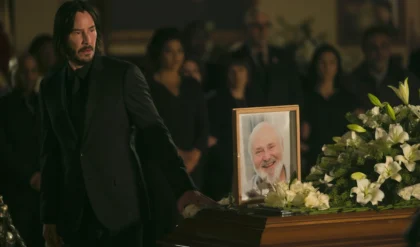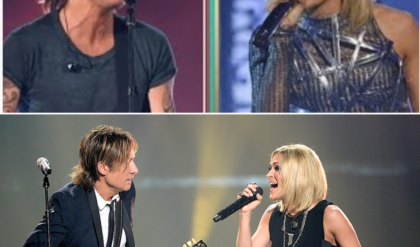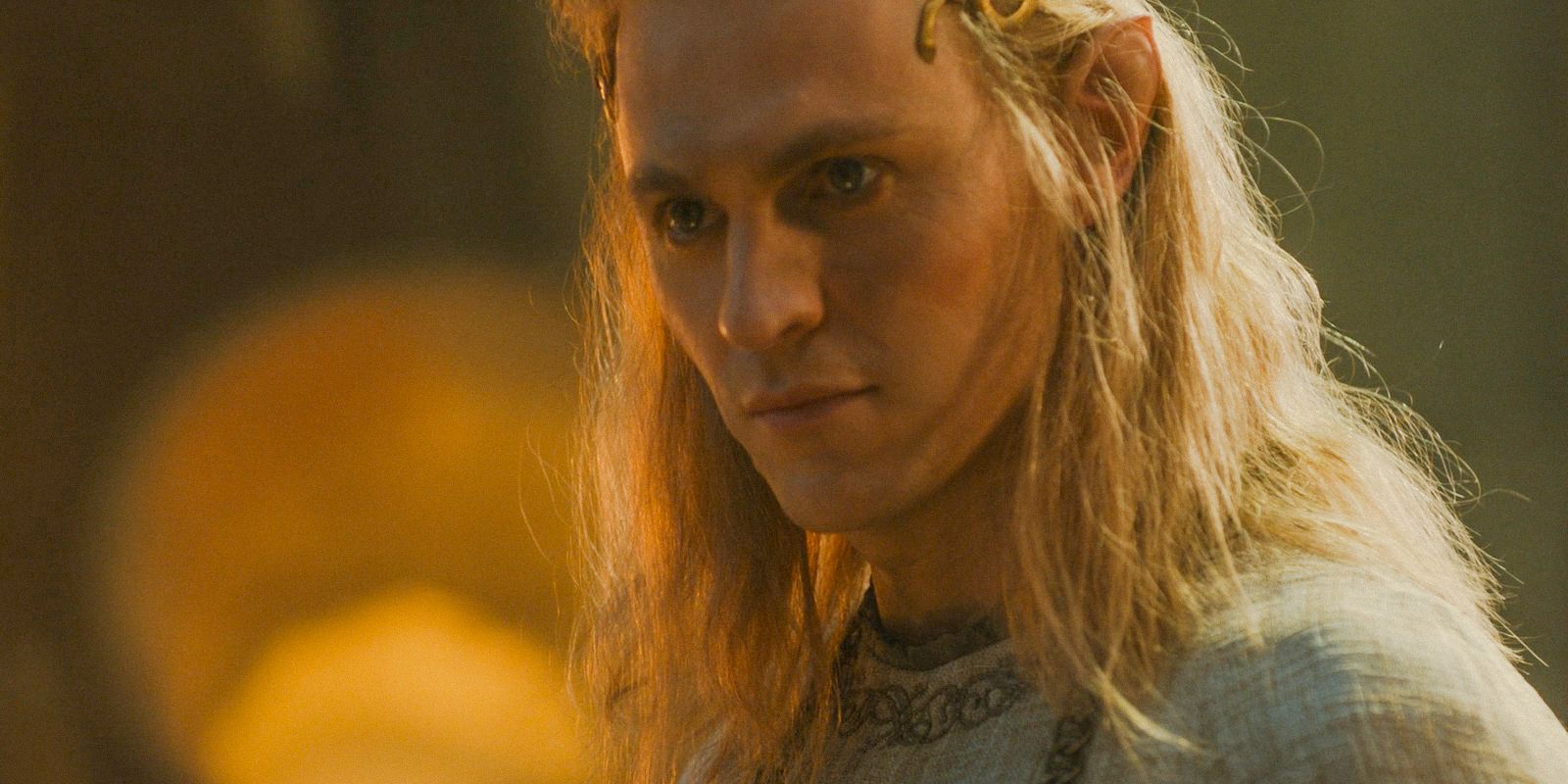
Sauron crying in The Lord of the Rings: The Rings of Power has been the topic of heavy debate, but this isn’t a problem with Tolkien canon unless it continues to happen much later in the story. The Prime Video series has shown the Dark Lord of Middle-earth in a different light than screen audiences are used to, and Sauron seems to have rather human qualities throughout the series’ first two seasons. This is a significant difference from his purely evil presence in Peter Jackson’s The Lord of the Rings, but there seems to be disagreement regarding whether this does or does not fit with Tolkien’s version of the character.
Sauron is seen with tears in his eyes twice in Rings of Power season 2. The first is just after Galadriel turns down his offer to be his queen, and the second comes after Sauron murders Celebrimbor. Seeing such a villainous figure cry is a bit of a shock since we wouldn’t typically think of The Lord of the Rings‘ Dark Lord displaying such human emotions.Rings of Power has already made a variety of changes to canon, and there are those who consider Sauron crying to be among the most egregious. However, Tolkien’s works support the idea that this could have happened.
Valar & Maiar Were Certainly Capable Of Crying In Tolkien’s Lord Of The Rings
The Gods & Angels Of Lord Of The Rings Had Human-Like Qualities
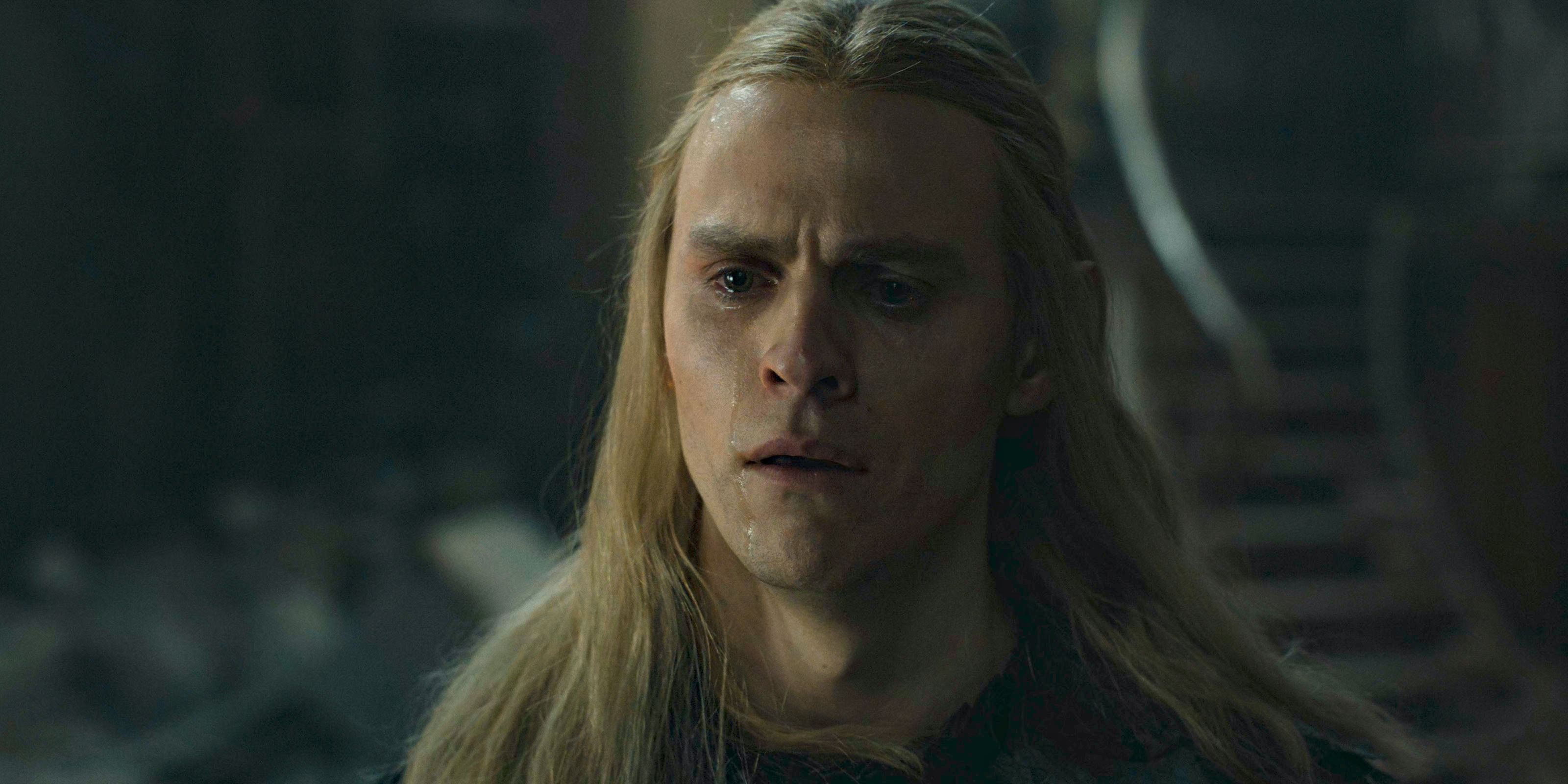
The primary argument for why Sauron wouldn’t cry is his race and status. The villain is a Maia, an angel-like being who would have served under the demigod Valar in Valinor (the Undying Lands). During the earliest days, Sauron, who was called Mairon at the time, turned against the Valar to join Morgoth, who himself had been a god-like Vala before he turned wholly to darkness. Morgoth and Sauron were then about as bad as bad could get, and there is no definitive moment in Tolkien’s works in which they shed any tears. Still, the argument that such beings couldn’t cry doesn’t quite hold up.
Morgoth cried out in dispair in The Silmarillion while being tortured by Ungoliant, but this is as close as he came to tears in Tolkien’s works.
Tolkien’s Valar and Maiar were akin to Norse or Greek gods and, therefore, possessed many human qualities and faults. The Vala Nienna was known to be especially compassionate and emotional, and her name even relates to the word “tear.” The Valar and Maiar notably mourned the loss of the Two Trees of Valinor, and it can be assumed that Nienna wasn’t the only one who physically cried during this event. The idea that Morgoth and Sauron wouldn’t cry would only make sense if they were too evil to do so, but Tolkien’s own words contradict this as well.
Tolkien Didn’t Believe In “Absolute Evil” Within His Stories
Sauron Wasn’t An Inherently Bad Character – He Chose Evil
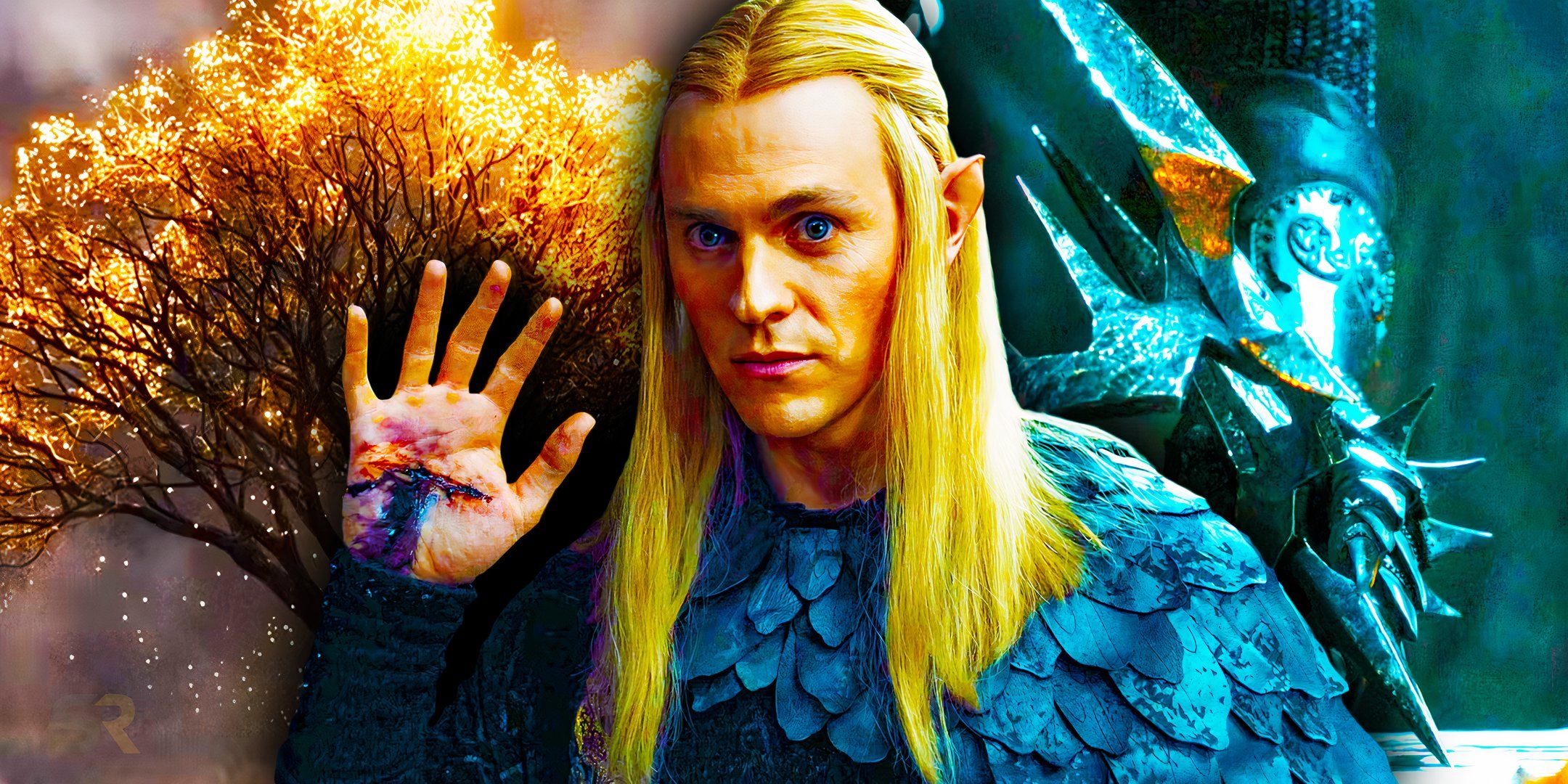
Tolkien’s Lord of the Rings has a fairly defined line between good and evil, but this isn’t to say that the villains were made of pure darkness inside and out. Both Morgoth and Sauron were made by the god Eru Ilúvatar and were, therefore, inherently good by nature. However, like all living things, these two had the freedom to make their own choices, and they came to believe that their own decisions were better than those of the creator. This belief is the root of evil and is why both Sauron and Morgoth became evil themselves. Still, Tolkien was clear that he did not believe in “Absolute Evil”:
“In my story I do not deal in Absolute Evil. I do not think there is such a thing, since that is Zero. I do not think that at any rate any ‘rational being’ is wholly evil. Satan fell.”
Sauron wasn’t just an evil being bent on making the world evil. Like Satan, he came to believe that his own ability went beyond that of God’s and sought to make the world better than its creator had. Tolkien described the Lord of the Rings‘ villain as a beautiful perfectionist, and Rings of Power has explored this idea further, revealing a Sauron who will go to any length to make Middle-earth perfect and balanced. It makes sense that as the beings of Middle-earth reject Sauron’s efforts, he would demonstrate sadness as much as he would rage. Of course, Rings of Power can’t keep Sauron crying forever.
Rings Of Power’s “Emotional Sauron” Is Guaranteed To Change
The One Ring Will Change Everything In Rings Of Power
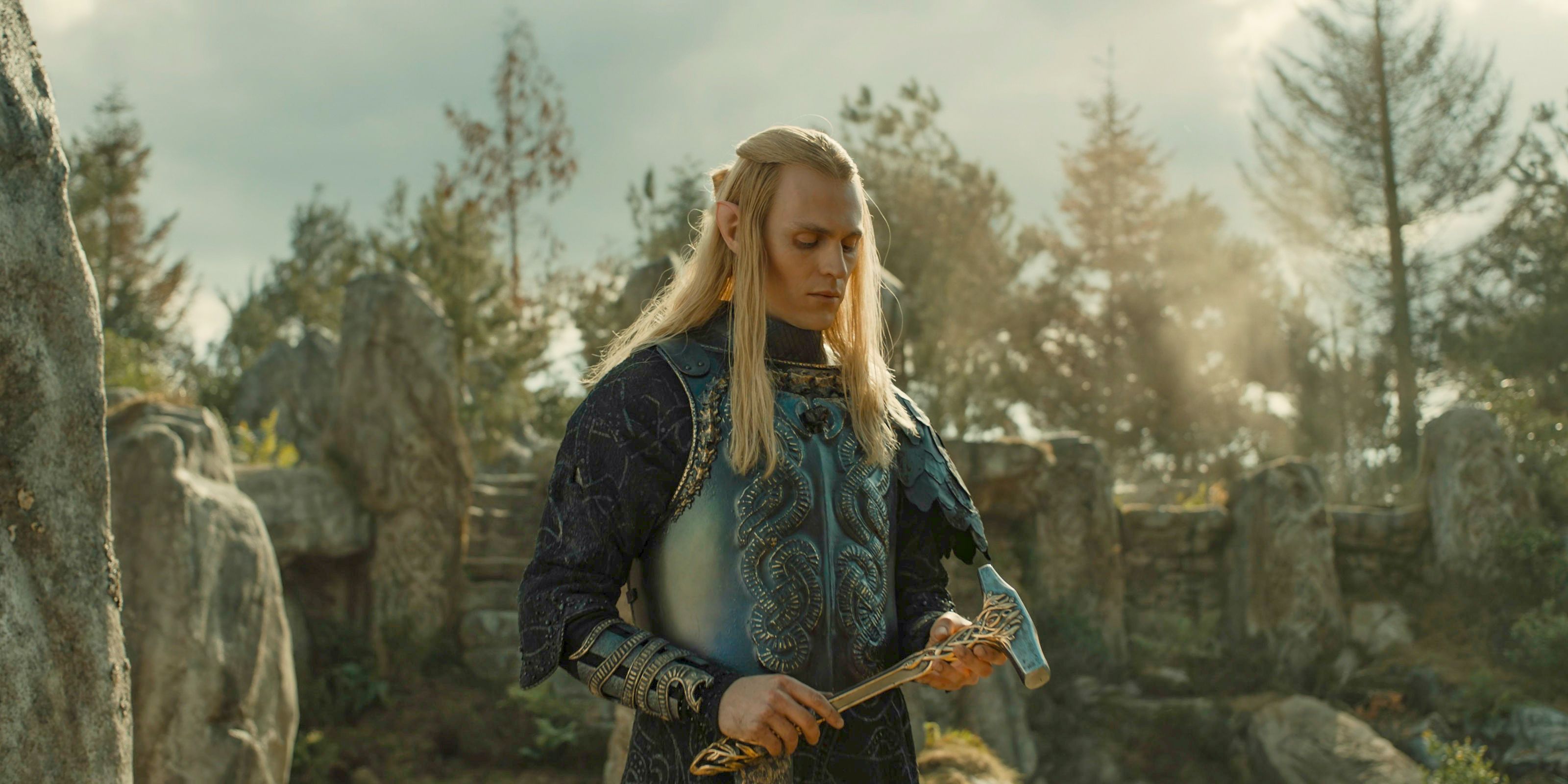
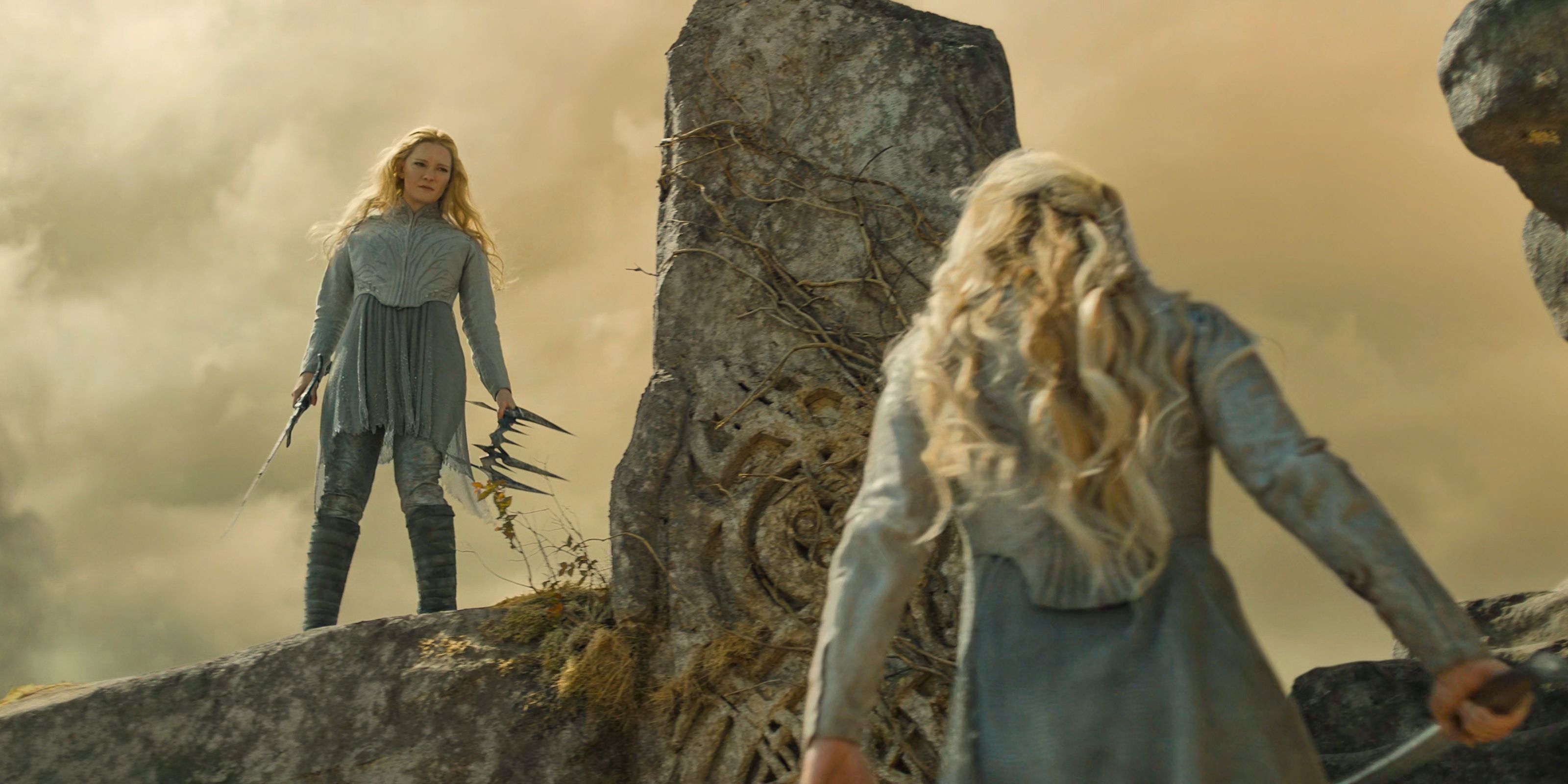
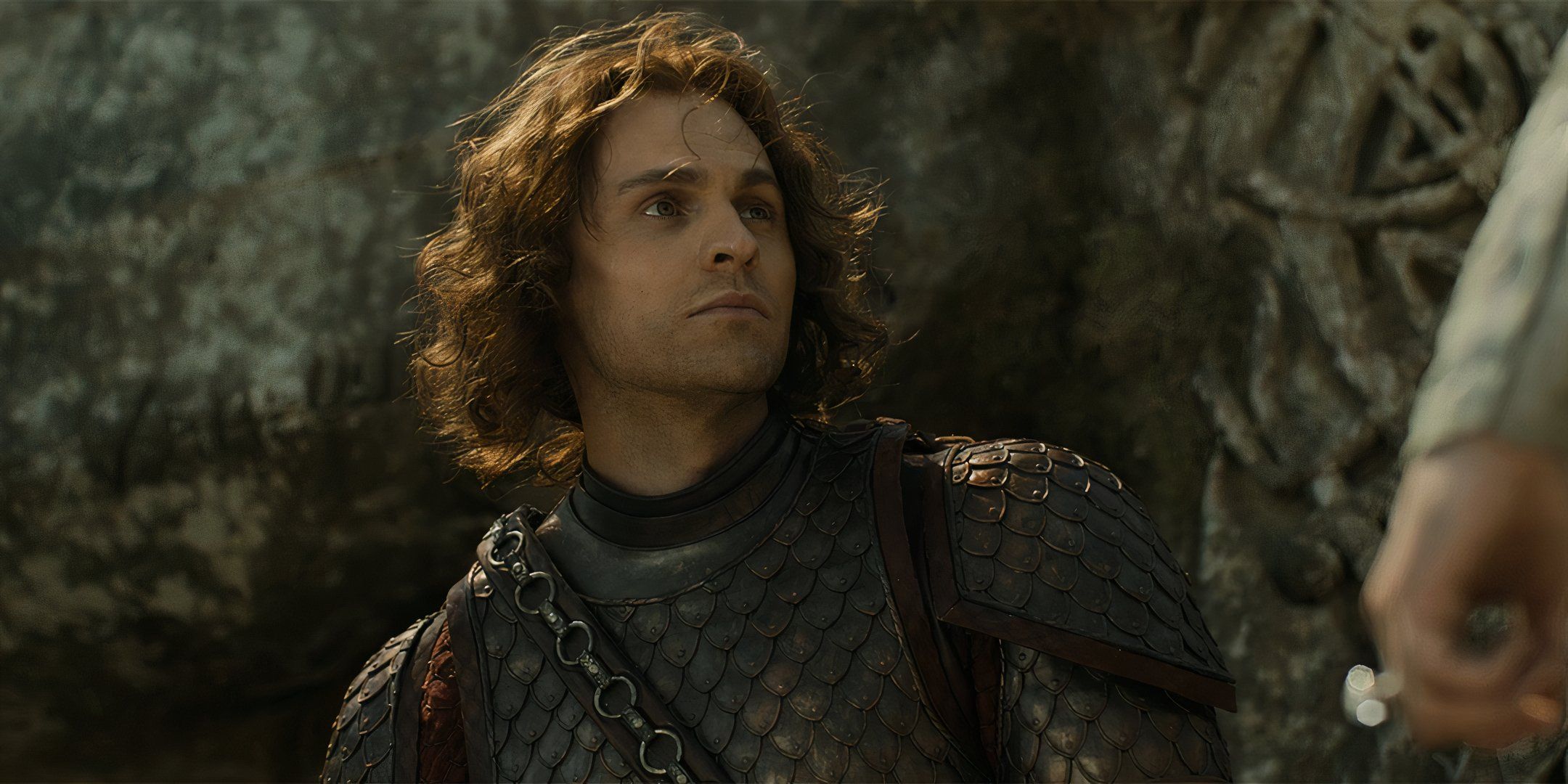
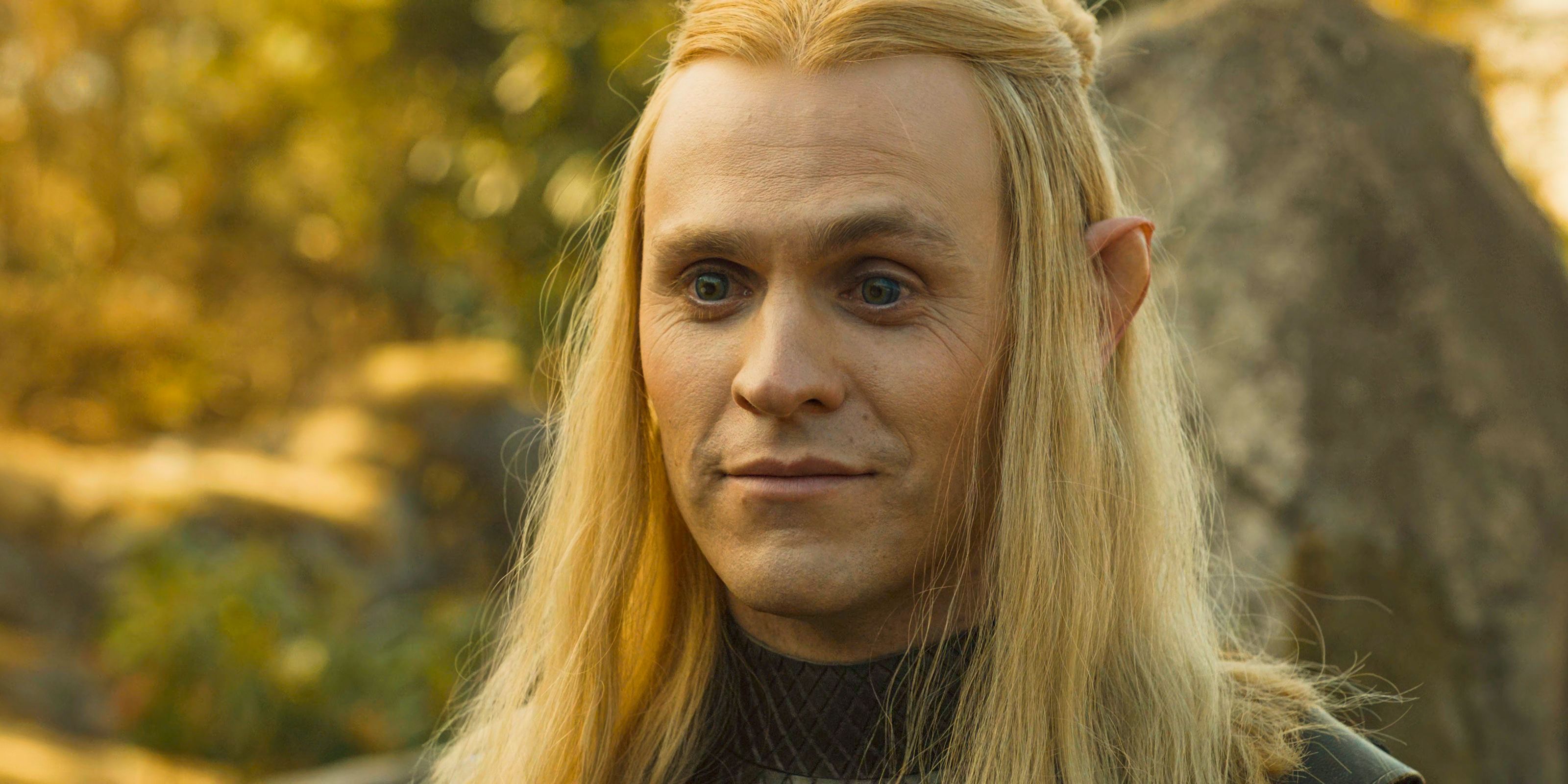
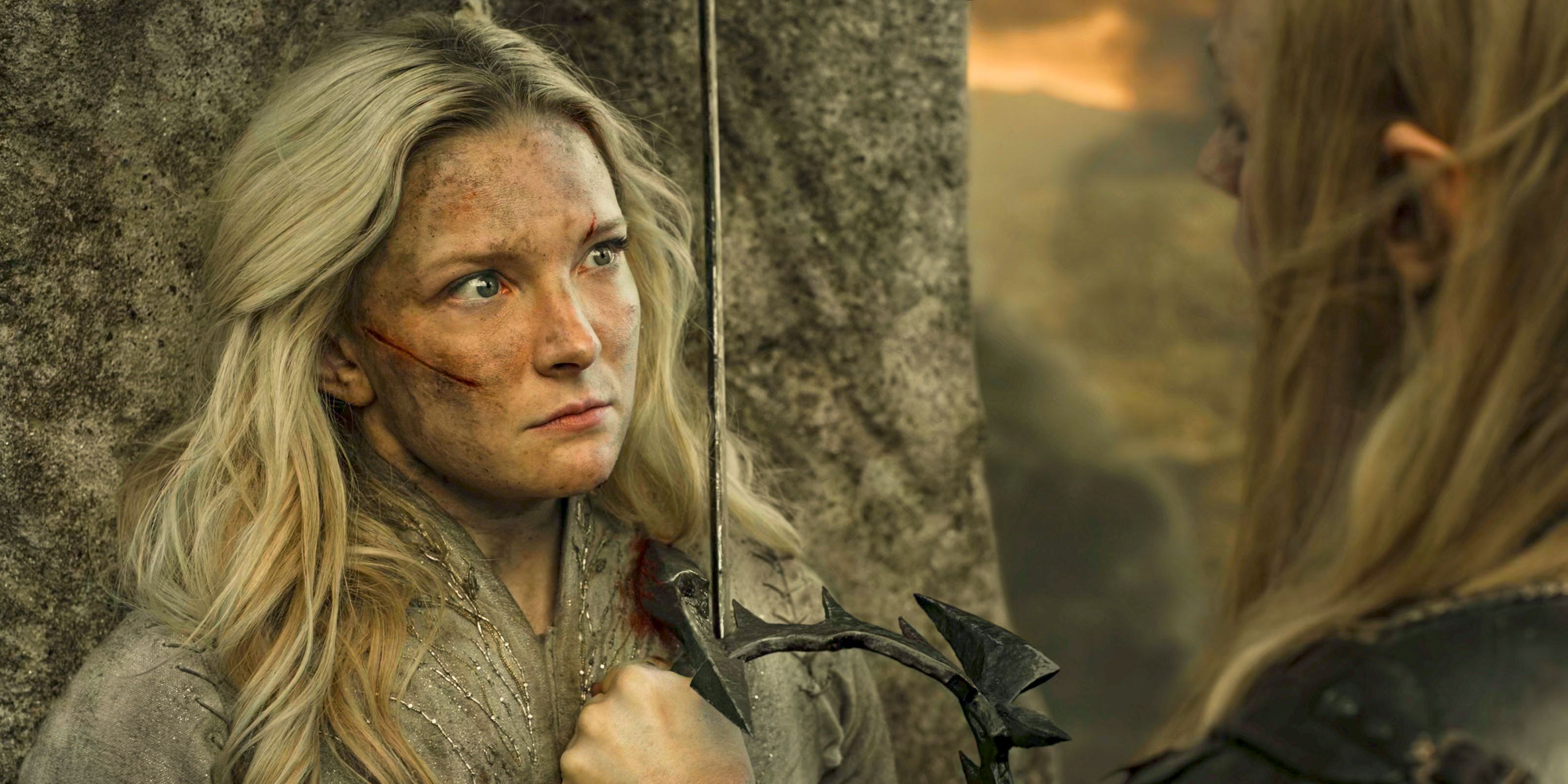





It makes sense that an early Second-Age Sauron would be emotional. In many ways, this is a wholly traditional character, similar to the villains of various mythologies and legends who weep when their vision for the world isn’t recognized and embraced. However, like many of these characters, Sauron is doomed to trade his very self for a greater power—the One Ring. This weapon will make Sauron more powerful, but just as Celebrimbor predicts in Rings of Power season 2, it will also be his weakness. Once the villain creates his Ring, there is sure to be a significant change in his character.
He will essentially be selling his soul, dooming himself to a horrible fate for the sake of greater strength and power.
It’s important that Rings of Power create some distinction between Sauron before the One Ring and Sauron after. He will essentially be selling his soul, dooming himself to a horrible fate for the sake of greater strength and power. As this happens, we will likely see Sauron’s emotional qualities lessened. By the end of the series, the villain should be as close to “Absolute Evil” as he can possibly get—a stark contrast to the character in the beginning. This fits with the character archetype Tolkien intended for Sauron and is precisely why, though divisive, his tears in Rings of Power season 2 are so important.

